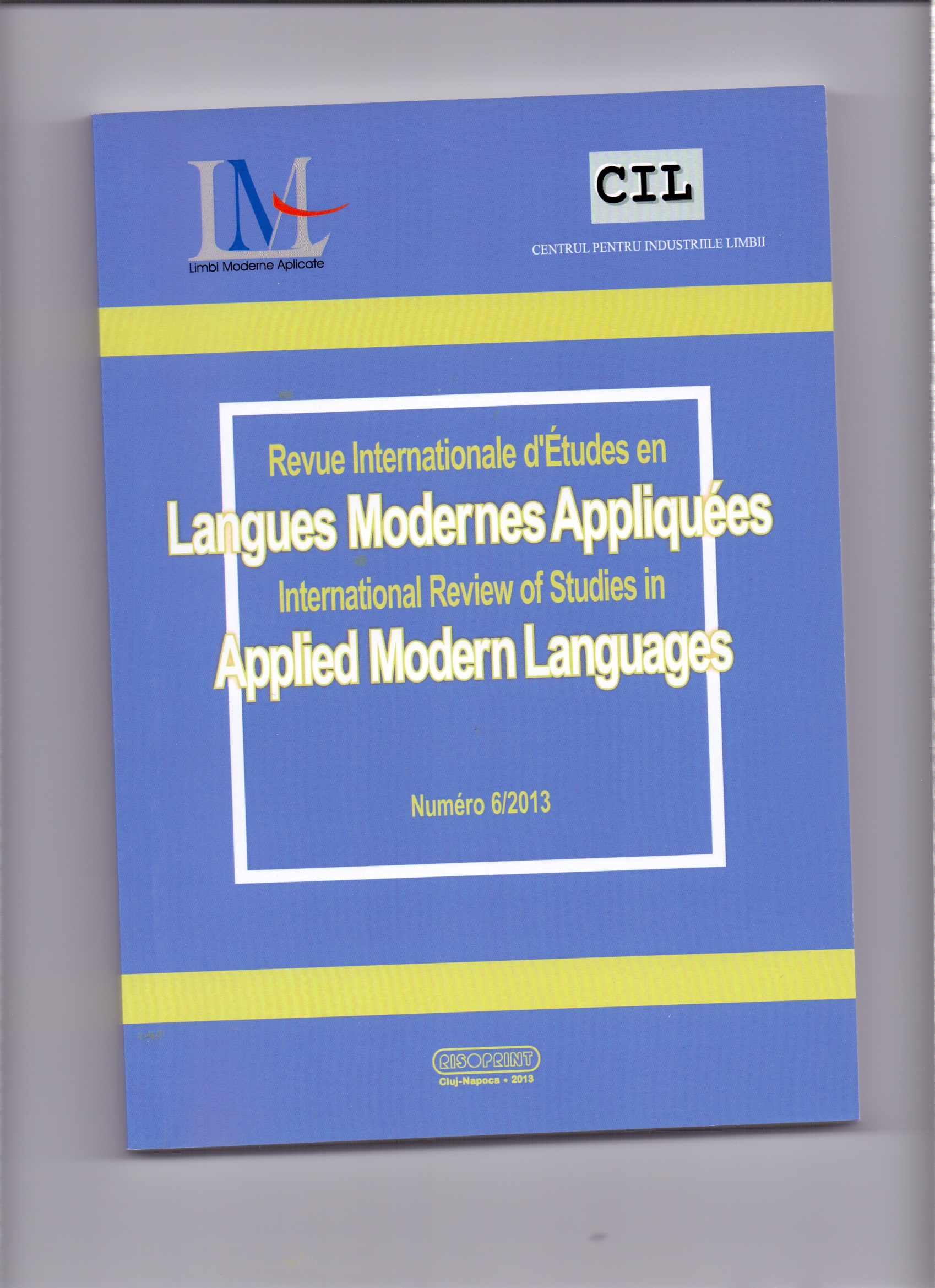La traduction spécialisée : défis et méthodes d’enseignement
Specialized Translation: Challenges and Teaching Methods
Author(s): Renata GeorgescuSubject(s): Translation Studies
Published by: Risoprint
Keywords: teaching specialized translation; specialized translation; interpretive theory of translation; linear translation; glossary; responsibility;
Summary/Abstract: In our opinion, D. Séleskovitch’s theory of meaning is best suited to meet the challenges of specialized translation pedagogy. In this paper, we look at the essentials of this theory (understanding, deverbalization and reexpression) insofar as they are the key stages of the translation process. Specialized translation runs the risk of giving the impression of a fragmented work unless the would-be translators have acquired the ability to freely reformulate the text, focusing on those elements which actually construct the meaning (i. e. the agent, the operation, the place, the device) . But how can all this be achieved? In this paper, we will present some of the methods that can be adopted to this effect, insisting on the need to learn to comply with constraints of real life situations such as the deadline or the revision by an expert. We thus make a case for knowledge sharing.
Journal: Revue Internationale d'Études en Langues Modernes Appliquées
- Issue Year: 2013
- Issue No: 06
- Page Range: 47-60
- Page Count: 14
- Language: French

